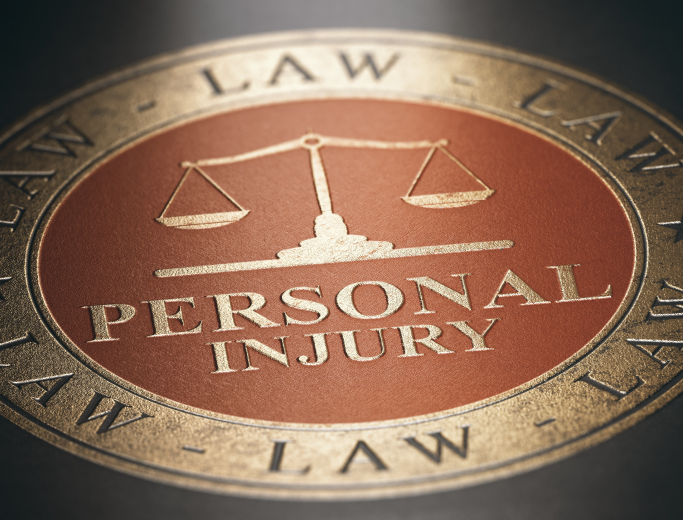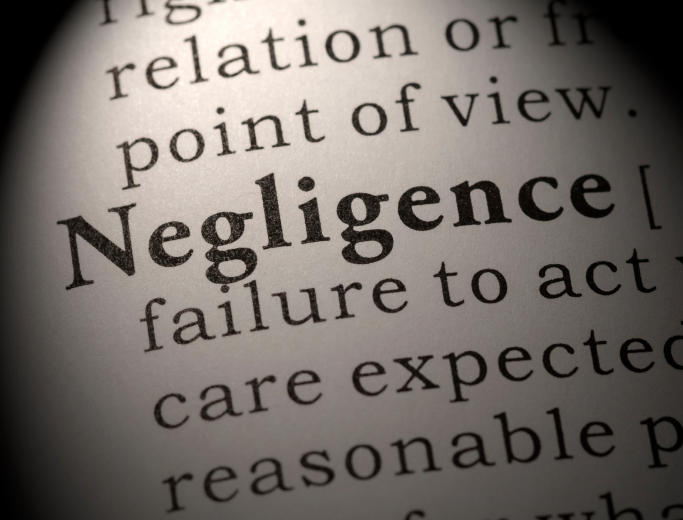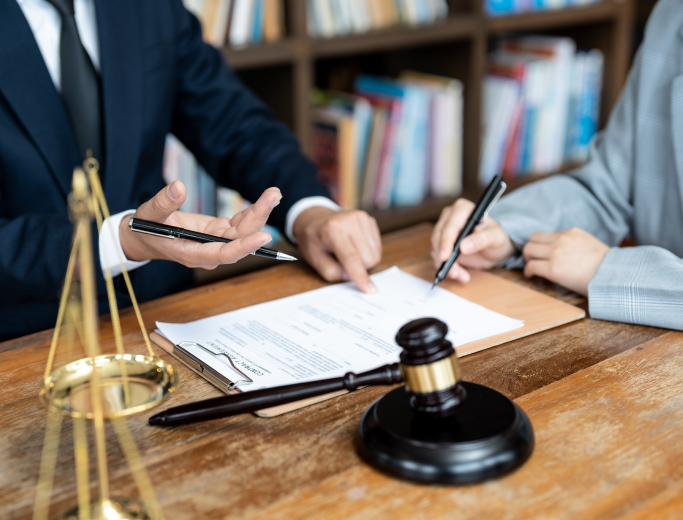Is it worth hiring a personal injury attorney?
Consider a recent report from the Insurance Research Council, which found that people who were represented by a personal injury lawyer received nearly three and a half times more money, even after attorney fees.
This demonstrates the value of hiring a Tennessee personal injury lawyer for your claim. Not only do you never pay out of pocket for legal services, but in the end, you can also be confident that everything possible was done to get you every dollar that you are entitled to. Without experienced legal representation, you risk leaving money on the table, which could amount to thousands, or in some cases, millions of dollars.
Additionally, the value of personal injury lawyers becomes obvious when looking at the various aspects that will need to be addressed during the course of your claim.
Identifying who is responsible for your injury
In a personal injury claim, injury victims may assume that the responsible parties are easily identifiable. For instance, in a truck accident, some may assume that the driver is solely responsible. However, this is often not the case. A personal injury lawyer goes beyond to identify all parties that may have contributed to the wreck and your injuries. In this example, at-fault parties could include the truck driver, along with the truck’s manufacturer, the insurance company, the owner of the truck, cargo companies that may have negligently loaded the truck, repair shops that failed to follow proper procedures, or even the government if they played a role.
Once responsible parties are identified, each can be subject to pay their fair share of the settlement or verdict award, which can increase the amount of money that you receive. Without a personal injury lawyer on your side, it can be complex and nearly impossible to do this on your own.
Understanding the types of damages that you may be entitled to
Following a personal injury in Tennessee, you may be entitled to claim a number of damages. A skilled personal injury lawyer can help you understand what damages you can pursue, and form strategies to obtain compensation for these damages on your behalf. Some damages available in a personal injury case are straightforward, while others are subjective and require negotiation and compelling evidence.
Economic Damages
Economic damages refer to financial damages that have been sustained as a result of the negligent party. They typically include items that are easier to calculate, such as:
- Medical bills
- Property damage
- Lost wages, including future lost wages
- Lost earning capacity
These are tangible, meaning you can place a specific dollar amount on each.
Non-Economic Damages
Non-economic damages are where things become more complicated, as they are subjective, and aren’t directly linked to a tangible dollar amount, such as a medical bill, or other items that are financial in nature. Non-economic damages typically include things like:
- Pain and suffering
- Diminished quality of life
- Emotional distress (including PTSD)
- Loss of consortium with a loved one
Punitive Damages
Punitive damages are awarded to punish the wrongful party for their gross negligence. An injury attorney can argue for punitive damages on your behalf and the behalf of society to prevent future conduct.
It is difficult to put a price on these things, and it requires the experience of a personal injury lawyer to understand what can be recovered in these cases so that you can receive the most money possible.
Protecting evidence from being destroyed
In a personal injury claim, the burden of proof is on the victim. If you’ve been injured, it must be proven that the other party was negligent, contributed to your injuries, and caused you to suffer damages.
In order to prove negligence in a personal injury lawsuit, evidence plays a key role to demonstrate fault. However, in many cases, the evidence required to prove fault may not be held by the victim or be in the victim’s control. Over time, evidence may be lost, tampered with, or destroyed, leaving injury victims with no basis for a claim. In legal terms, this is referred to as the spoliation of evidence.
Spoliation of evidence can occur in a wide variety of personal injury cases, including car crashes, truck wrecks, slip and falls, dog bites, and others.
For example, trucking companies may hold evidence, such as driver logs, which may prove that the driver did not follow proper resting guidelines and was driving while fatigued when a wreck occurred. If this evidence is destroyed, this point becomes very difficult to prove. This is just one example, but there are other cases where helping to protect evidence is a key part of a personal injury lawyer’s role in your claim.
A personal injury lawyer can help ensure evidence is preserved in a number of ways:
- Anti-Spoliation Letters: If the other party has evidence that may be vital in your claim, your attorney can draft and deliver an anti-spoliation letter that legally mandates the opposing party to retain the requested evidence so that it is not destroyed, lost, or tampered with.
- Witness Statements: In many cases, an injury lawyer can document witness statements on your behalf. Your attorney may be able to take this one step further and get a signed statement from the witness stating what he or she saw so it may be submitted to the official record.
- Depositions: Written affidavits are helpful, though personal injury lawyers can also take the preservation of evidence a step further through depositions, which aim to preserve and record witness testimony.
Helping you avoid costly mistakes that may jeopardize your claim
When it comes to a personal injury claim, victims often assume that the insurance company is on their side, and by doing so, make mistakes that put their claim at risk. The moment you are hurt by someone else’s negligence, your interests and the interests of the insurance company are at odds. The insurance company’s goal is financial in nature – they want to pay you as little as possible – and what may seem like a lot of money to you, may be far less that what you’re entitled to. Insurance adjusters are trained in these tactics and will often be very friendly and act concerned, but make no mistake, their success is based on how little they can get you to accept. This approach of friendliness also causes a lot of victims to put down their guard and to say or do things that are not in their best interest, such as:
- Admitting fault in any way
- Stating that you are not hurt, that you are “okay”, or undermining your injuries in any way
- Agreeing to a recorded conversation with the insurance adjuster
- Signing any documents without having them reviewed by a personal injury attorney
- Mentioning or posting details about your personal injury claim to social media. This can be very costly. Any details posted on social media are considered court-admissible evidence. This means that the pictures, videos, and written updates you post can be used in court by the defendant’s lawyers to minimize or even completely disprove your claim.
- Accepting an insufficient settlement is another common mistake that injury victims make unknowingly. A Tennessee personal injury lawyer will know what your claim is worth and can help advise you on what is acceptable.
Negotiating with the insurance company
In the vast majority of personal injury cases, there is at least one insurance company that a personal injury lawyer will need to negotiate with despite many myths about injury claims. In most cases, the injured victim seeking compensation from the at-fault party’s insurance company, not the individual themselves.
When you hire a personal injury law firm, all communications with the insurance company from that point forward typically go through your attorney. You no longer have to deal with it. And when your attorney and the insurance company enter into negotiations, your personal injury lawyers will use their years of experience to ensure that you receive every dollar you deserve.
Most people aren’t used to dealing with insurance companies, but at Hughes & Coleman, we deal with insurance companies every day. This is what we do. When trying to negotiate a fair settlement, leave it to those who have the experience behind them to fight for your best interests and maximum compensation.







